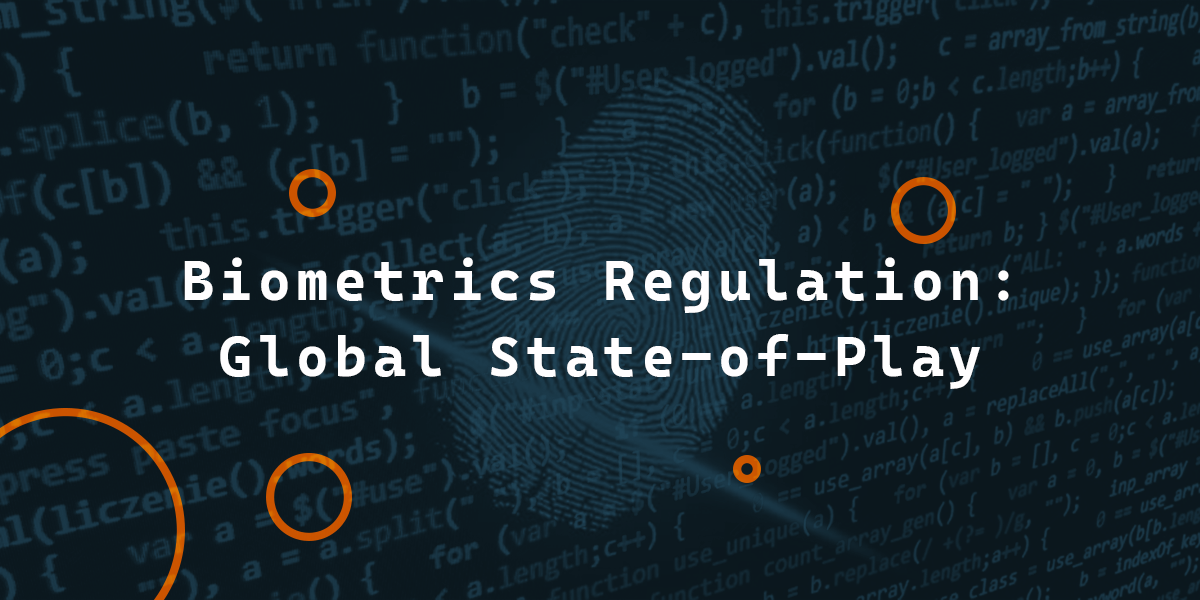
April 4, 2023
Online (B-CLE)
As part of BCLT’s newly launched project on biometrics, we will be hosting a virtual symposium on February 22 and 23, 2023 titled ‘Biometrics Regulation: Global State-of-Play’. Join us to hear leading global experts in the fields of law, public policy, social science, and computer science discuss existing data protection regulations for biometrics and future pathways for ethical innovation. We will discuss real-world innovations in Digital ID, facial recognition technology, and commercial digital wellness.
The aim of the virtual symposium is to discuss the global state-of-play for biometric data protection. We want to think more critically about biometric technologies as well as biometric regulation. As a result, we want to merge conversations on data protection compliance with broader technological, social and policy issues in different biometric technologies.
Neither biometrics technology itself nor legal frameworks for data protection are new concepts in today’s age of Big Data. But the past decade has witnessed an increasing diffusion of innovation across the globe with global technology supply chains, a reconfiguration in geopolitical alliances, and experimental domestic regulation by different jurisdictions for data and emerging technologies. The data economy is both premised on and sustained by the generation, use and transfer of large amounts of data (quantity) as well as different types of data (quality). This symposium therefore, is one of the first events organized by BCLT that seeks to explore global legal perspectives on data protection.
Specifically, this symposium is focused on biometric data and its role in three different socio-technical innovations – digital ID and service delivery, facial recognition and AI, and commercial digital wellness. We are seeing more investment in and uptake of these innovations across the world as well as by different actors (governmental, private, and humanitarian). Further, these three innovations indicate a gradient in regulation – with more regulations focused on digital ID, and fewer regulations directly focused on commercial digital wellness. Within these regulations however, there are differing degrees of data protection-related rights and obligations.
The symposium has two elements – a descriptive element and a future-facing element.
- The descriptive element brings together interdisciplinary panels from the fields of law, computer science, social science, and public policy. These panels will outline innovations in the selected biometric technology, the privacy harms or security risks that these innovations entail, the existing legal regulations and compliances for biometric data, and the impact of these regulations (or the lack thereof) on the identified harms and risks.
- The future-facing panel will bring together legal practitioners, human rights researchers, public policy practitioners and social science researchers to outline global policies, strategies and alliances that can encourage the development of ethical and responsible biometric technologies.
The symposium will comprise of 4-panel discussions, each for a duration of 60 mins. In each panel, speakers will present for 45-50 minutes, and the remaining time will be reserved for Q&A.